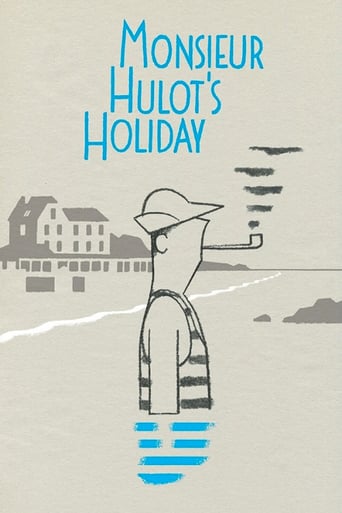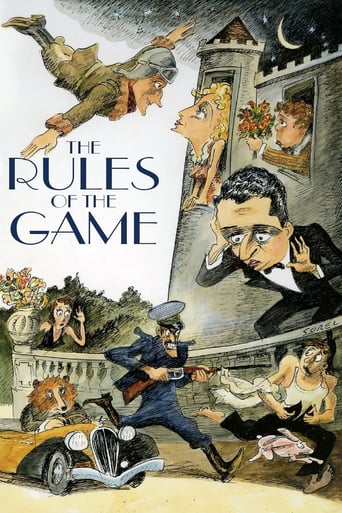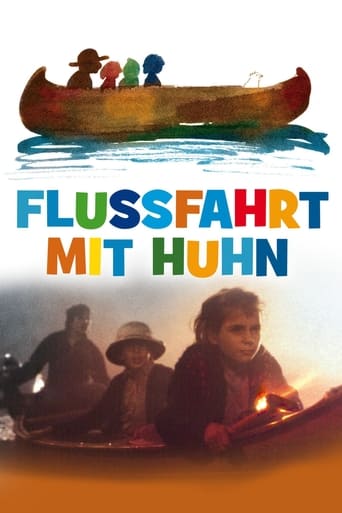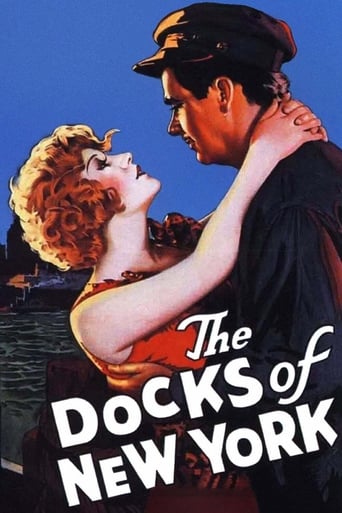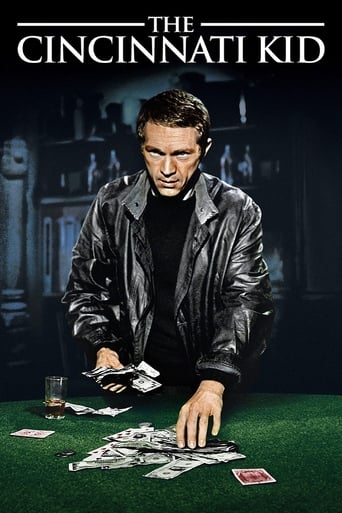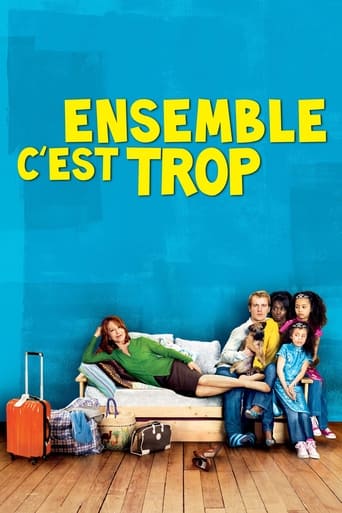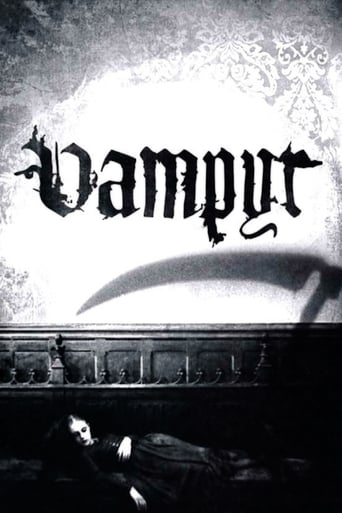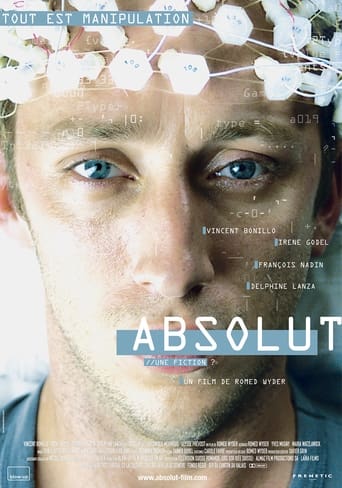


Grand Illusion
A group of French soldiers, including the patrician Captain de Boeldieu and the working-class Lieutenant Maréchal, grapple with their own class differences after being captured and held in a World War I German prison camp. When the men are transferred to a high-security fortress, they must concoct a plan to escape beneath the watchful eye of aristocratic German officer von Rauffenstein, who has formed an unexpected bond with de Boeldieu.
-
- Cast:
- Jean Gabin , Pierre Fresnay , Erich von Stroheim , Marcel Dalio , Dita Parlo , Julien Carette , Gaston Modot


Similar titles

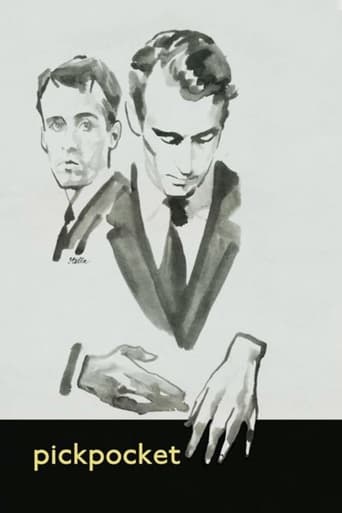

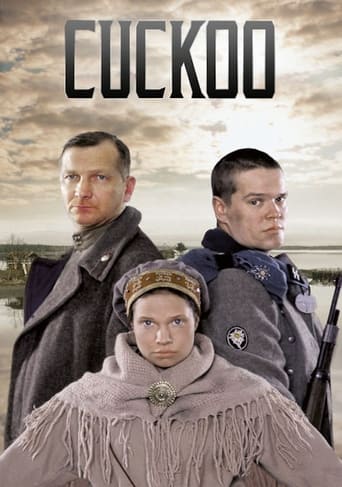
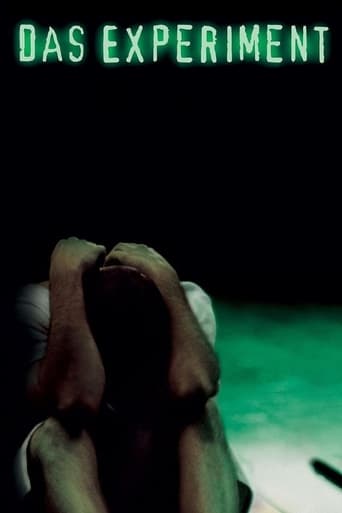


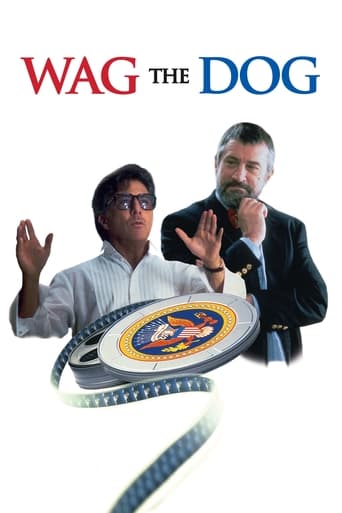

Reviews
Slow pace in the most part of the movie.
Powerful
Excellent adaptation.
At first rather annoying in its heavy emphasis on reenactments, this movie ultimately proves fascinating, simply because the complicated, highly dramatic tale it tells still almost defies belief.
While some say The Rules of the Game is Jean Renoir's best film, I say it's La Grande Illusion. A war film without the war manages to be the most poignant reflection on World War I ever made with some of the most humanistic and engaging performances ever captured on film, perfectly pacing and just the right amount of sentiment and pathos.The vast majority of the film follows two French aviators and their ordeals in a series of German POW camps after being shot down. This is a pivotal filmmaking decision as it strips all the false glory out of war and only leaves us with its ugly aftermath. There are no combat scenes, just men trying to escape and reacting to news of the war. In the third act, the setting shifts when one of the aviators and another French prisoner escapes thanks to the sacrifice of the other aviator. They hide out in a farm on the Swiss border where the aviator falls in love with the proprietress, a war widow, but is ultimately forced to leave her behind in order to escape over the border from the German pursuit.Renoir has also been terrific at coaxing great performances out of his actors and La Grande Illusion has one of the greatest concentration of truly great performances in a movie. The legendary Jean Gabin was never better than as the passionate Maréchal while the other French aviator, de Boeldieu, is played by Pierre Fresnay in a career-best performance that excellently conveys his character's aristocratic grace. The best performance of all is probably by the great director and actor Erich von Stroheim as the German officer von Rauffenstein. De Boeldieu and von Rauffenstein bond over the course of the film due to their shared background and attitudes towards the world. Fresnay and Stroheim have excellent repertoire with one another, helping make the moment when von Rauffenstein must kill de Boeldieu, who is sacrificing himself to buy time for Maréchal and another prisoner to escape, almost unbearably tragic. I would be remiss if I also didn't take the time to single out Marcel Dalio and Dita Parlo among the supporting cast, as they also give excellent performances as a French prisoner of Jewish descent named Rosenthal and the widowed German farmer respectively.This terrific cast is supported by Renoir's steady direction and writing. The film moves along at a brisk pace while at the same time knowing the right moments to stop and go into things more in depth. Renoir's camera-work is also fantastic as well, displaying his trademark deep focus cinematography, which makes the settings of the film, such as the Château du Haut-Knigsbourg and the Alps, come alive on screen.Renoir manages to imbue the film with a great sense of humanism, making it staunchly pro-war without coming across as didactic. All nationalities and social classes come across as human; no one is vilified which helps make the film's appeal more universal rather than being limited to those of a specific country or socioeconomic background. There is no great diatribe against the war. Instead it can all be summed up by the film's closing line, spoken by a German soldier as Maréchal and Rosenthal escape across the border: "All the better for them!"
LA GRANDE ILLUSION is one of the biggest accomplishment of French and world cinema. Anti-war theme is shown in a rather strange way. Senselessness of war is the essence. At a frivolous (human) and non-violent way emerged the war illusion. Human relations during the war, the loss of any meaning and value. This is a strange story about human relationships in a time of war.Prisoners of war camps. The camps in the war could be called hell on Earth. Here are just illusions. Renoir gives us a work of art that explores the depth and complexity of human relationships. One difficult and undesirable topics is presented with a lot of modesty and charm.In the film's social status is reduced to a minimum. The soldiers are essential and a little crazy. The relationship between prisoners and soldiers is almost friendly. Full of patience and respect. War is man's ultimate folly, for it brings him losses that are permanent, and victories that are pyrrhic and short lived.Scenography and acting are excellent. Watch Gabin (Lieutenant Maréchal) and Fresnay (Captain de Boeldieu) is a real pleasure. Erich von Stroheim (Captain - Major von Rauffenstein) is quite realistic figure and around him is spinning an illusion and absurdity of everyday life. Dita Parlo as Elsa appears briefly but leaves a strong impression. There are so many different and important characters who acting with a lot of freedom and creativity. Renoir reveals every aspect of his characters.This film is full of humanism, heroism, drama and adventure. All of these features are mixed in a war illusion in which is hard to believe, but it's very nice to see and feel. A little comedy of manners is welcome, romance also.Whether it is or not, the film tells us that men can act nobly, even when they are a part of something that is not itself noble. Mankind must rise from ruin. Unfortunately, to this day all is one La Grande Illusion.
Jean Renoir's "The Great Illusion" (1937) is often celebrated as the greatest anti-war film. It takes place during the First World War and was made just before the Second. Back in the day, Franklin Roosevelt stated that everyone who believes in democracy should see the film. Detaching from such political idealism, one might claim that every human being should see it. It's the film in which Renoir's humanism crystallizes, showing that humanity can preserve even in the darkest of nights. A story about POW camps and people escaping them is a tale of eternal love, friendship and yearning for freedom. A proof of its cinematic power is that without showing a scene of actual combat, "The Great Illusion" is the most accurate portrayal of WWI. It seems that every film about the First World War much deal with its mythological position as the death of cultural innocence. Although "The Great Illusion" begins with the war already going on, its opening scene works as a metaphor for the period before the war. We see a man singing in a café when all of a sudden he is called for a mission to transport a general which sounds easy and quick, but then turns into a long and unpredictable chain of events -- talk about dancing off to war. Not only does Renoir reach the fact that WWI was pointless and a consequence of ostentatious nationalism -- arms race, alliances and hostilities -- but also the feeling of transience as aristocracy begins taking its final breaths. In the hour of disappearance, two aristocrats, Bouldieu and Rauffenstein (aptly played by Erich von Stroheim), unite. The old general in "The Rules of the Game" (1939) might say that they are a vanishing breed. It is beautiful and moving that Renoir's nostalgia considering this social transition has no irony whatsoever, despite Renoir's apparent sympathy for the working class. The nostalgia is very tender. All that matters to Renoir is humanity. It is precisely this human sympathy which is the strength of Renoir's cinema. This is present in Renoir's characterization, treatment of the class theme, and his anti-nationalist philosophy of the great illusion. André Bazin's timeless words are worth repeating at this point: "the grand illusions are the illusion of hatred, which arbitrarily divides men who in reality are not separated by anything; the illusion of boundaries, (...) the illusion of races, of social classes (...). The war, the product of hatred and division, paradoxically reveals the falseness of all the barriers of prejudice separating man from man."One of the many reasons for the survival of "The Great Illusion" in the test of time is its realism (that is not afraid of poetry) which travels from the director's style to his world view and attitude towards life in general. Bazin thought that the film was based on the authenticity of human relations. I believe this is a key into understanding the film and its legacy. War is the great illusion because it separates us from one another. Yet, despite darkness and disappointment, Renoir continues to believe in love and humanity.
Don't get me wrong, I love this film, but I don't see it being one of the greatest films of all time. It was pretty hard to watch and get through. It's not the fact that it was made in 1937 by French director Jean Renoir for a French speaking audience, and I can't relate to the film due to its aged and language. It's the fact that the film's themes put me in odds and the editing was just horrible. It's not the director or the editor at the time fault. It was World War 2's fault. For many years, the original nitrate film negative was thought to have been lost in an Allied air raid in 1942. Then, it was revealed that the original negative had been shipped to Berlin during the Nazis control of France due to the ban of the film during WWII. Then in Cold War, Berlin in 1945, the film was controlled by the Soviet's zone and consequently shipped along with many other films to Moscow. The negative was returned to France in the 1960s, but sat unidentified in storage for years. In the early 1990's, it was found, restored, and re-released in the United States in 1999. Overall, watching the badly damage film getting restored was a blessing, but it didn't make the film any better. Probably in pre-World War 2, the film was pretty amazing, but after World War 2, this film feels like a long lost puzzle just put together, with a few of the original pieces missing. It just doesn't have that same grandeur. La Grande Illusion is about a small group of French officers who are captured during World War I and are plotting an escape from a German prison camp. The title of the film comes from the book, The Great Illusion by British economist Norman Angell, which argued that war was futile and pointless. One thing, I do love about this movie is that there is no all-good and all-bad type characters in this film. The Germans were portrayed in a mostly positive light, and not like negative evil madmen like other war films do. Elsa (Dita Parlo) had a very powerful scene about talking about how big the table is, now. It really hit you, when you see how the toll of the war has cause this woman, so much pain. Erich von Stroheim as Captain von Raufeenstein, the warden of the prison had great acting. You can tell through his acting that the character felt pain, not only because of what happen to his body, but also to what is happening in the world. The French characters like aristocratic Captain De Boeldieu (Pierre Fresnay), working-class Lieutenant Maréchal (Jean Gabin) and Wealthy Jew, Rosenthal (Marcel Dalio) were all great in their roles. The film was generously humanistic to its character of various nationalities. Still, the movie has this odd tell rather than show moments. There is a scene in the beginning, where De Boeldieu and Marechal are going to do an air reconnaissance before captured, and a minute later, they are sitting down with Captain von Rauffenstein for dinner, captured. Where is the scene where they get shot down? They talk about it, but we, the audience don't see it. It was a bad jump cut. Even in the meal scene, the music cuts off pretty oddly to show people do die in this war, as symbolism by the funeral wreath, but still it's awkwardly cut. There are hundreds of badly made cuts in this film. Then, there was a vaudeville-type performance that was pretty weird, that remind me of 1963's Great Escape and 1953's Stalag 17 type humor. I do like the 'LA Marseillaise' scene that remind me of 1942's Casablanca. Still, most of the film felt like watching Hogan Heroes, then a real life movie about prison camps. The different between Great Escape, Stalag 17 and this movie is that this movie fails to make the prisoner-of-war camp look a place, you want to escape. Yes, the guards here were kinda mean, but in no ways, brutal like other two films. The prisoners were living in a castle, no less, better off, then the soldiers living in the trenches at the time. The film loves to say that there is a language barrier between the characters, but throughout the film, the characters understood each other more than I did, watching. The movies go quickly with the French, German, Russian and English dialogue, it does get confusing. The English seem out of place. There is a scene where Boeldieu and Von Rauffenstein spoke English for some odd reason. When did this English speaking came from in the film? I don't know how Maréchal is unable to pass word of the tunnel to an incoming British prisoner, when Boeldieu speak English. Boeldieu and von Rauffenstein, are aristocrats represented as cosmopolitan men, educated in many cultures and conversant in several languages. In true life actor Erich von Stroheim didn't speak a word of German. The film would be easier for the audience to understand if they stick with just French. Indeed, watch the film with sub-titles. You need them. I do like the message that critique the romantic idealization of duty, by showing how the aristocrat old order of European civilization has died in this war. I love the symbolism of the flower in the prison. I do like how the movie fights against the anti-Jewish campaign enacted by Adolf Hitler's government at the time, by making Rosenthal looks like a good man. Overall, this film does one thing right, it shows a realistic interpretation of the relationships of soldiers fighting a politician's war. That is why it's one of the great movies of all time.


